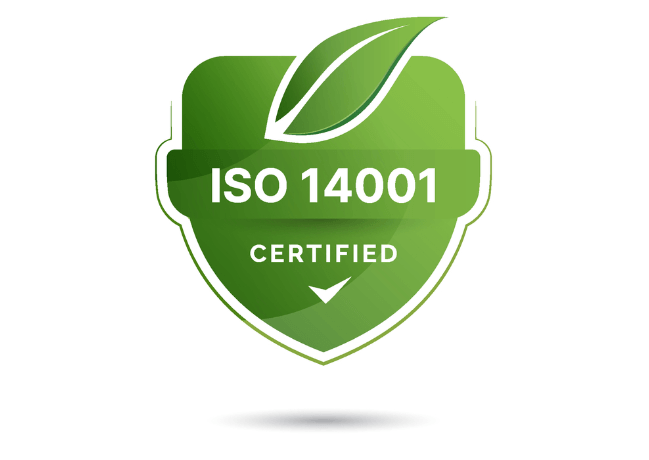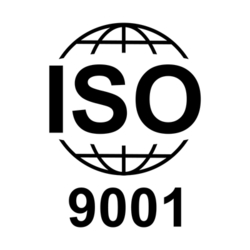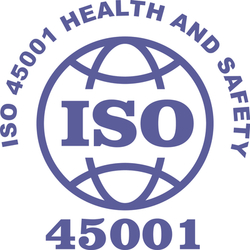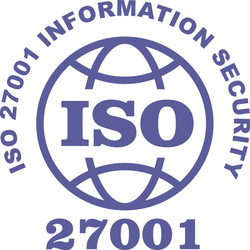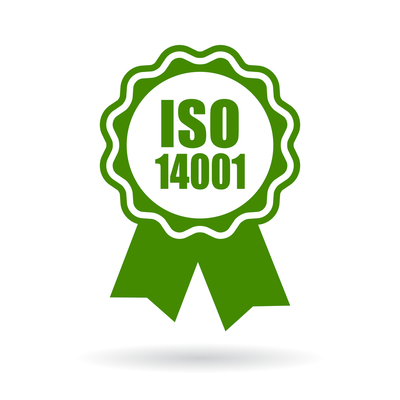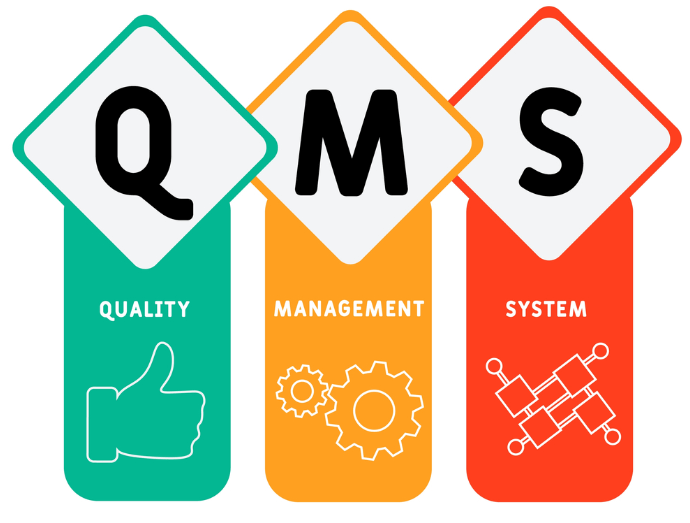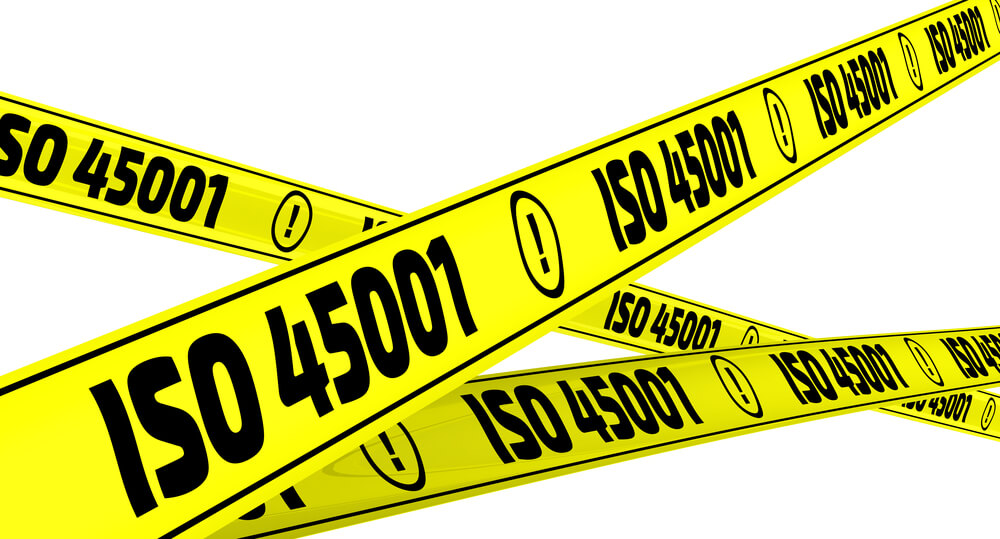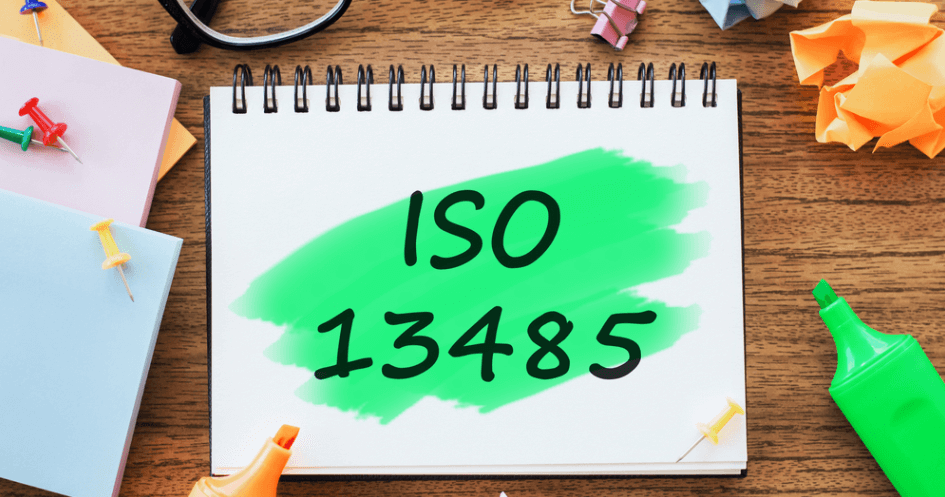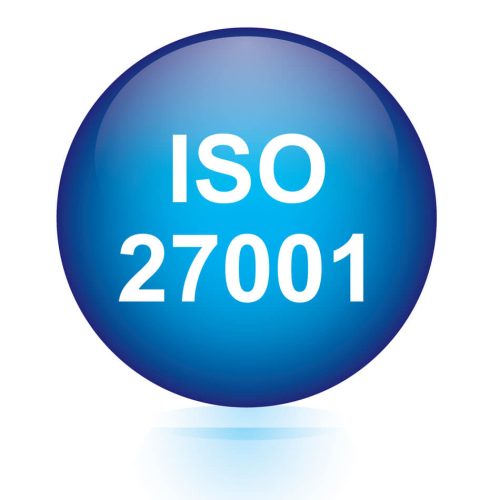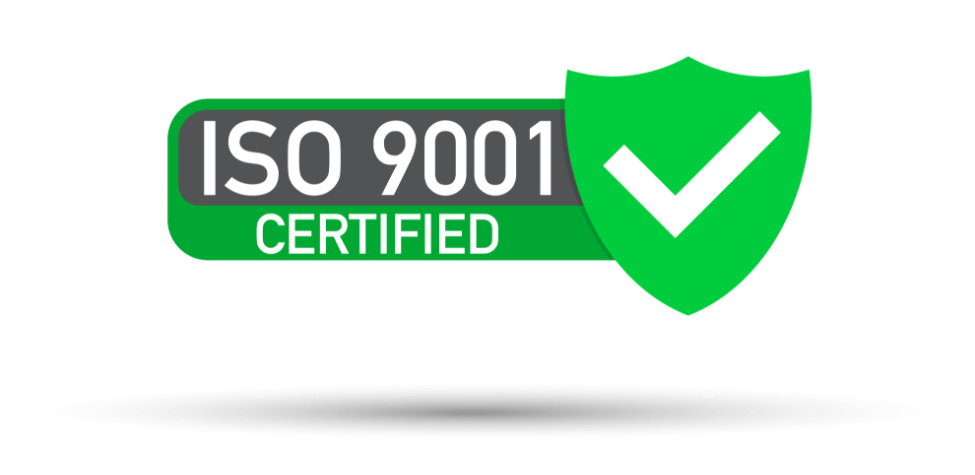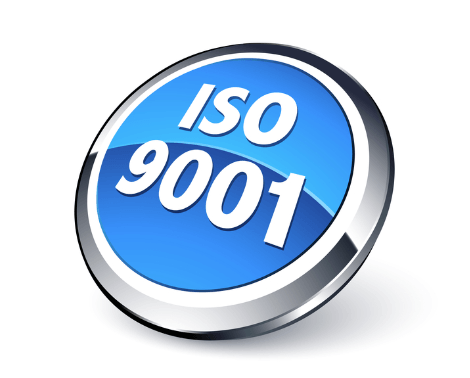5 Success Factors for the ISO 14001 Certification
ISO 14001 is the global standard for Environmental Management systems (EMS). Being Certified to the standard has become essential for most businesses because of the rise in harmful emissions and other environmental impacts worldwide. Therefore, getting the ISO 14001 certification helps the companies to put in best practices for reducing their effects and demonstrating their efforts to preserve the environment to the customers, partners, financiers, etc.
While implementing an appropriately structured EMS is integral for achieving the certification, other factors will lead you to successful certification on the first try.
Related: ISO 14001:2015 Environmental Management System (EMS)
These five factors help your organization get certified with ISO 14001.
1). Employee Awareness
All employees on every level must know the EMS and its purpose. If they do not get involved, achieving the goals and compliance will become challenging.
2). Efficient Processes
The certification focuses on improving environmental performance and the organization’s overall efficiency. Streamlining your processes and improving efficiency are necessary to optimize the use of resources and reduce waste.
3). Regulatory Compliance
The main objective of the implemented EMS should be meeting legal and regulatory compliance. Thus, determine the environmental regulations that apply to your business and assure compliance with them.
4). KPIs
Make sure you have determined the relevant and measurable KPIs (Key Performance Indicators) of environmental performance that the EMS helps to achieve.
5). Improved Stakeholder Relationship
Establishing a good relationship with stakeholders will ensure that their interests regarding environmental management are also considered and met by the EMS.
Final Thoughts
While these are the most crucial elements that assure a successful ISO 14001 certification, you must remember that the EMS varies from business to business. Therefore, it is essential to evaluate your business’s specific environmental im[pacts and set the goals that your EMS should achieve. Accordingly, you can adjust these success factors and incorporate them into your EMS.
Related: Different Aspects of The ISO 14001
